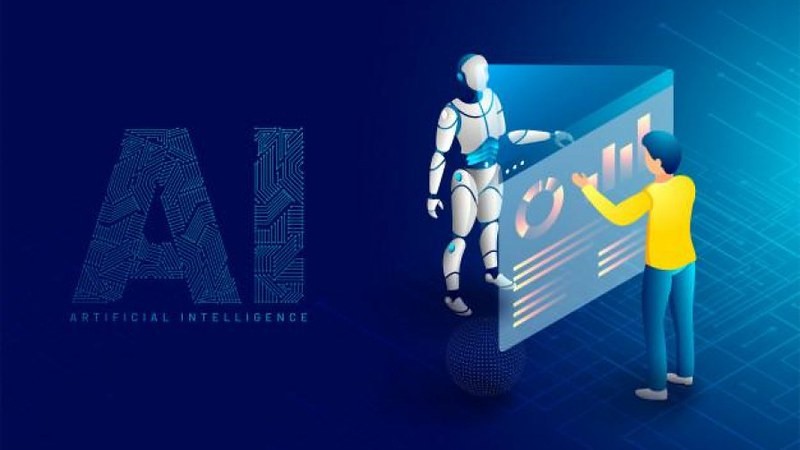
With the ongoing COVID-19 that has been sweeping the world for a couple of months now, the technology industry has been working hard to hammer all the nails it can find to combat the infectious illness. However, what's described as "the modern data ecosystem's analytical prowess" is specifically restricted when trying to tackle the problem of probable COVID-19 treatments.
More so, it's anticipated, and of course, acclaimed, that firms with enormous computing resources would try their luck to devote those resources in a way, to the worldwide initiative to fight the infection.
In some ways, such initiatives are tremendously prized. For example, a company can employ the so-called "Semantic Scholar's context-aware text analysis" to the countless articles on known types of coronavirus for them to become searchable by researchers all over the world. Additionally, digital alliance tools that are available worldwide to health authorities and research centers are said to be coalitions beyond their former territories in the last health crisis of this scale.
False Sense of Progress
Despite the supposed promise of technology to beat COVID-19, other initiatives may provide a false sense of development or progress. One industry, specifically, where artificial intelligence (AI) and technology have made great advances is in the discovery of drugs.
Several firms have already been founded, and drawn hundreds of millions of money for funds, on the commitment of utilizing AI to fast-track the procedure by which new materials can be determined that may have an impact on a given situation.
COVID-19, specifically, considered as a "natural target for such a project," and already, some other firms, as well as research organizations are hyping early figures like 10 or 100, like those substances which may effectively work against the ongoing pandemic.
There are the kinds of announcements that collect banners around them like that of an AI finding ten possible COVID-19 cures, for one. Tech observers have it that "It's not that the said AI applications are bad. It's just that, they belong to a series that has a few actionable results."
Additionally, if a firm's traffic supports' big data analysis undercuts or supports a projected policy of restricting transportation choices in such a way, that's one thing. However, if the analysis generates dozens of probable courses of action, any of these possible courses might just be considered as a dead-end or damaging to the current initiatives, it definitely is, another, then.
Keep Expectations in Line with Reality
Specifically, an AI approach, by which, for instance, chest x-rays can automatically be analyzed through an algorithm, is something that can be valued later on, not to mention, pursued. However, it is essential to keep such expectations, too, in line with reality.
A couple of years from now, according to studies, telehealth laboratories may be set up for that main purpose. Nevertheless, no one this season will be given a COVID-19 diagnosis by any AI specialist. Meanwhile, other areas where algorithmic forecasts, as well as efficiencies, would be strongly accepted in other days will reject them during times of emergency response where there is a need for everything to be a deliberate and triple-checked.
© 2026 ScienceTimes.com All rights reserved. Do not reproduce without permission. The window to the world of Science Times.











